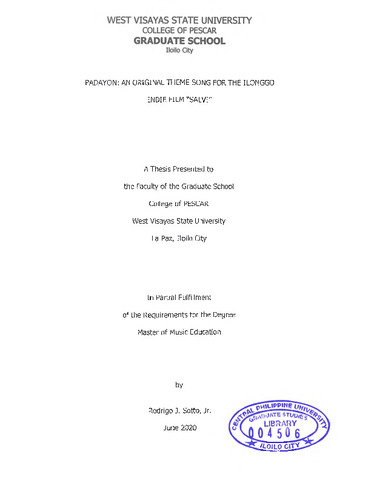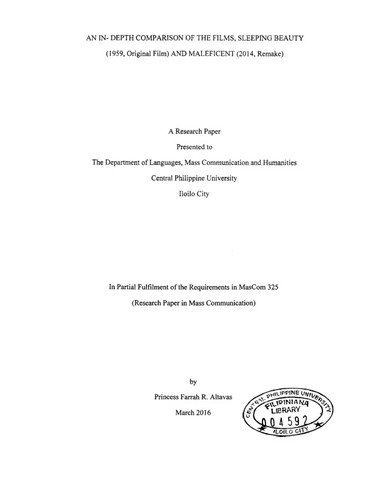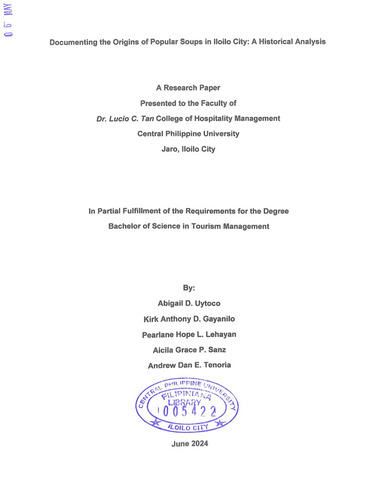Doctrine of original sin: A historical-biblical evaluation of the theories of original sin as suggested between the 16th and the 18th centuries
摘要
The doctrine of original sin was and is still considered one of the most important topics in Christian dogmatics. As Anthony Hoekema argues, this doctrine "has always been an essential aspect of the Christian doctrine of man. Though this doctrine basically belongs to anthropology among the various areas of Christian dogmatics, its significance is not limited to this area. The importance of the doctrine of original sin even extends to the area of soteriology.
A different view of original sin may create a different understanding of the "how" of salvation. In this sense, this doctrine is not less important than any other Christian doctrine. However, it is to be recognized that, in spite of its importance, the doctrine of original sin has been regarded as one of the most difficult and controversial topics of Christian theology.
描述
Introduction
建议引文
Ho Song, K. (1998). Doctrine of original sin: A historical biblical evaluation of the theories of original sin as suggested between the 16th and the 18th centuries [Unpublished doctoral dissertation]. Adventist International Institute of Advanced Studies Theological Seminary.
文件类型
Dissertation主题
部
Adventist International Institute of Advanced Studies Theological Seminary学位
Doctor of Philosophy货架位置
BT 212 .H67 1998
物理描述
348 leaves
集合
相關項目
顯示由標題,作者,創造者和主題相關的項目。
-
Padayon: An original theme song for the Ilonggo indie film "Salvi"
Sotto, Rodrigo J. Jr. (2020)This descriptive-analytical study determined the musical identity of Padayon as an original theme song for the Ilonggo Indie film SALVI. A total of thirty (30) participants who were graduates of Music Education and three ... -
An in-depth comparison of the films, Sleeping Beauty (1959, original film) and Maleficent (2014, remake)
Altavas, Princess Farrah R. (2016-03)This study aimed to compare the (1959, Original Film) Sleeping Beauty and (2014, Remake) Maleficent. Specifically, it aimed to (1) analyze the film in terms of: character roles, storyline/ plot, and dialogue; (2) know where ... -
Documenting the origins of popular soups in Iloilo City: A historical analysis
Uytoco, Abigail D.; Gayanilo, Kirk Anthony D.; Lehayan, Pearlane Hope L.; Sanz, Aicila Grace P.; Tenoria, Andrew Dan E. (2024-06)This study aimed to acquire a comprehensive knowledge and understanding of the origins of popular soups in Iloilo City, Philippines, such as La Paz Batchoy, Pancit Molo, and Nilaga. With a sample size of eight participants, ...





